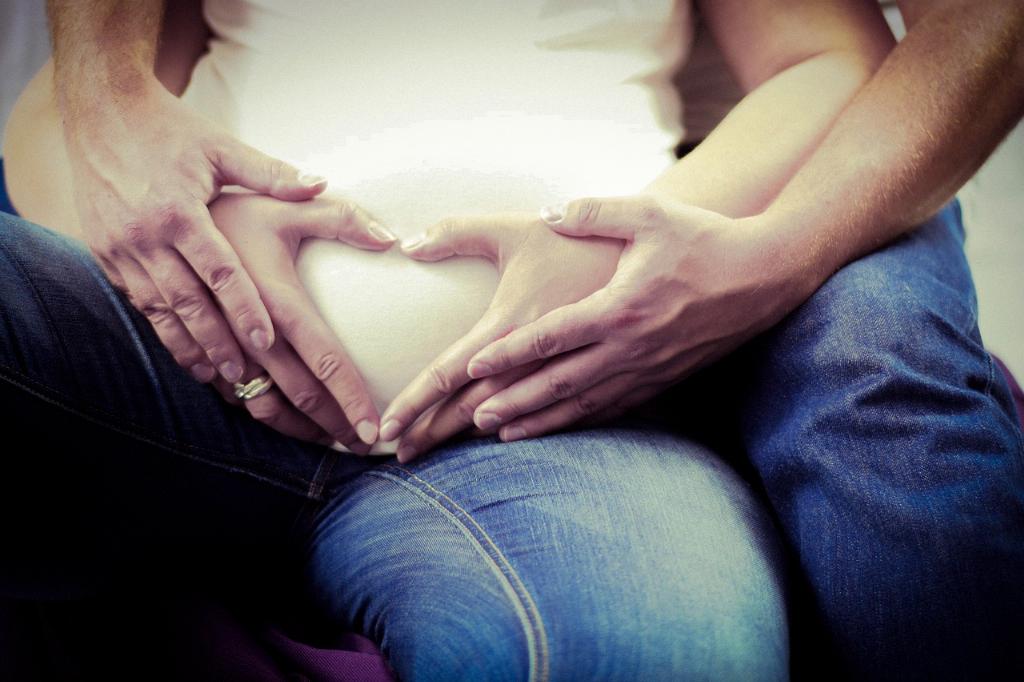When it comes to fertility after experiencing an ectopic pregnancy, the topic can be complex and often raises questions about the chances of becoming pregnant in the future. Research findings have presented varying perspectives on this issue, with different studies reporting a wide range of fertility rates in women following an ectopic pregnancy.
Factors Influencing Fertility Rates
It’s important to consider the multiple factors that can influence fertility rates post-ectopic pregnancy. These factors can vary from one individual to another and may include the presence of any underlying reproductive health conditions, the type of treatment received for the ectopic pregnancy, and the overall health and age of the woman.
High Reported Fertility Rates
Some studies have suggested relatively high fertility rates in women who have had an ectopic pregnancy, with figures ranging from 60% to 80%. These findings can provide hope for individuals looking to conceive after such a challenging experience, pointing towards the possibility of achieving a successful pregnancy in the future.
Conflicting Reports on Fertility
However, it’s essential to acknowledge that not all studies have reported such optimistic fertility rates post-ectopic pregnancy. In fact, many research studies have presented contrasting figures, with some indicating lower fertility rates in the range of 30%.
Emotional Impact on Fertility
It’s also crucial to recognize the emotional toll that an ectopic pregnancy can have on individuals. The experience of going through such a loss can not only affect one’s mental well-being but may also indirectly influence fertility by impacting stress levels and overall emotional health.
Medical Intervention and Fertility
The type of medical intervention received for the ectopic pregnancy can play a significant role in determining future fertility outcomes. Surgical interventions, such as salpingostomy or salpingectomy, may impact the structure and function of the fallopian tubes, potentially influencing fertility in the long term.
Consulting a Healthcare Provider
Given the complexities surrounding fertility after an ectopic pregnancy, it’s advisable for individuals to seek guidance from a healthcare provider. A medical professional can offer personalized insights based on the individual’s specific health history and provide recommendations for optimizing fertility potential.
Exploring Fertility Options
For individuals who are keen on starting a family following an ectopic pregnancy, exploring various fertility options may be beneficial. This could involve discussions around assisted reproductive technologies, fertility treatments, or other interventions aimed at enhancing the chances of conception.
Support and Understanding
It’s essential for individuals navigating fertility concerns after an ectopic pregnancy to seek support and understanding. Connecting with support groups, counseling services, or loved ones can provide a source of emotional comfort during this challenging time and offer the reassurance needed to move forward.
Managing Expectations
Managing expectations around fertility outcomes post-ectopic pregnancy is key to maintaining a positive outlook. While some individuals may conceive relatively quickly after such an experience, others may face challenges along the way. Being prepared for different scenarios can help individuals cope with the uncertainties of the fertility journey.
Staying Informed and Empowered
By staying informed about the factors influencing fertility after ectopic pregnancy and taking proactive steps to address any underlying health issues, individuals can empower themselves to make informed decisions about their reproductive health. Education and advocacy for one’s own well-being are integral parts of the fertility journey.
Conclusion
In conclusion, the question of whether individuals are extra fertile after experiencing an ectopic pregnancy does not have a straightforward answer. While some studies suggest favorable fertility rates, conflicting reports and individual variability emphasize the need for personalized care and support. By seeking guidance from healthcare providers, exploring fertility options, and maintaining a positive mindset, individuals can navigate the complexities of fertility post-ectopic pregnancy with resilience and hope.

